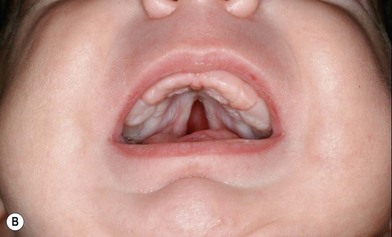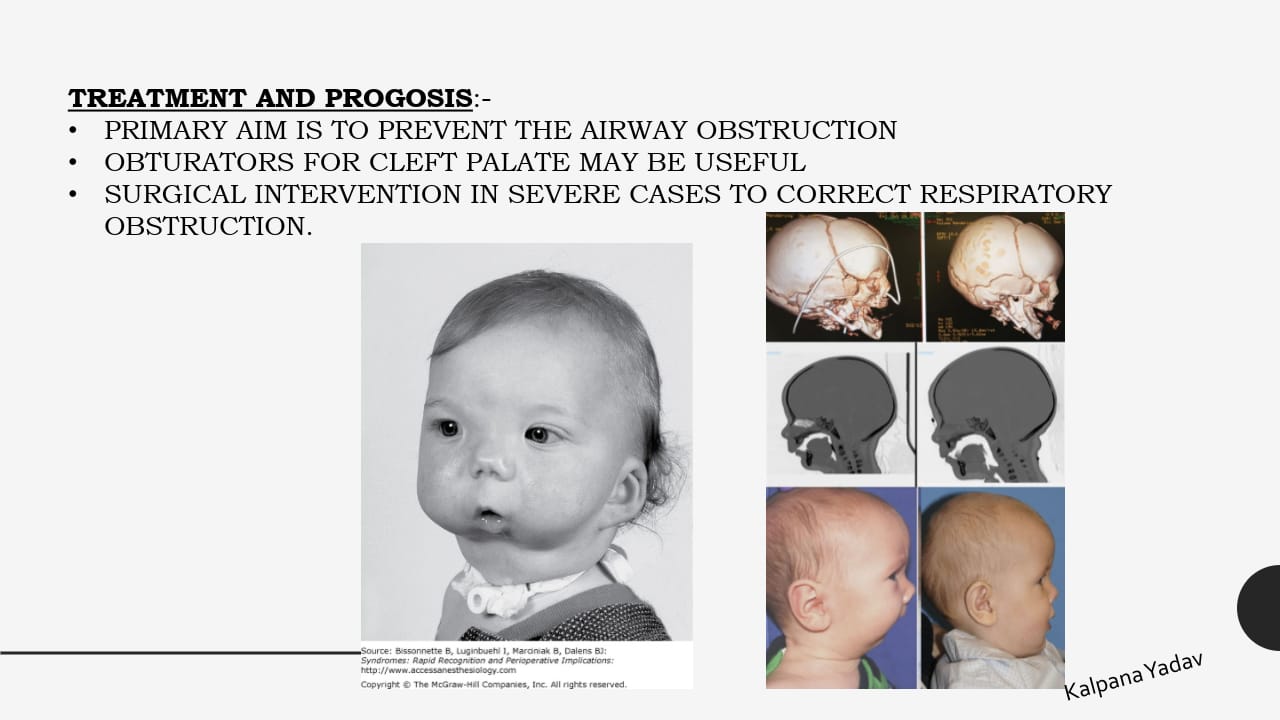

Our study will involve inclusion of PRS on the 'Orange Card' for a 13-month period. Each month the BPSU send an electronic reporting card ('Orange Card') with a list of conditions under investigation to over 3,300 doctors.

The BPSU supports studies of rare childhood disorders of such low incidence as to require cases to be collected nationally in order to generate sufficient numbers for the study. We aim to investigate the current incidence of PRS within the UK and Ireland by carrying out a national surveillance study in association with the British Paediatric Surveillance Unit (BPSU). Estimates of its incidence are limited in number and inconsistent. There currently is little evidence available regarding the extent of the problem posed by PRS, or how best to manage it. The causes of PRS are unknown but likely to include genetic factors, toxin exposure (alcohol, drugs) during pregnancy, and compression in utero (twin pregnancy, reduced amniotic fluid volume). More severe cases may need temporary feeding tube or artificial airway placement, whilst those worst affected require surgical procedures to maintain a safe airway until ‘catch-up growth' of the jaw occurs. Mild cases are managed by nursing infants in a position that best opens the airway, and using specialised feeding bottles. Together, these abnormalities can cause airway obstruction and breathing or feeding difficulties. Pierre Robin Sequence (PRS) is a condition present from birth with three main features: a small lower jaw (micrognathia), backward-positioned tongue (glossoptosis), and defect of the roof of the mouth (cleft palate).


 0 kommentar(er)
0 kommentar(er)
